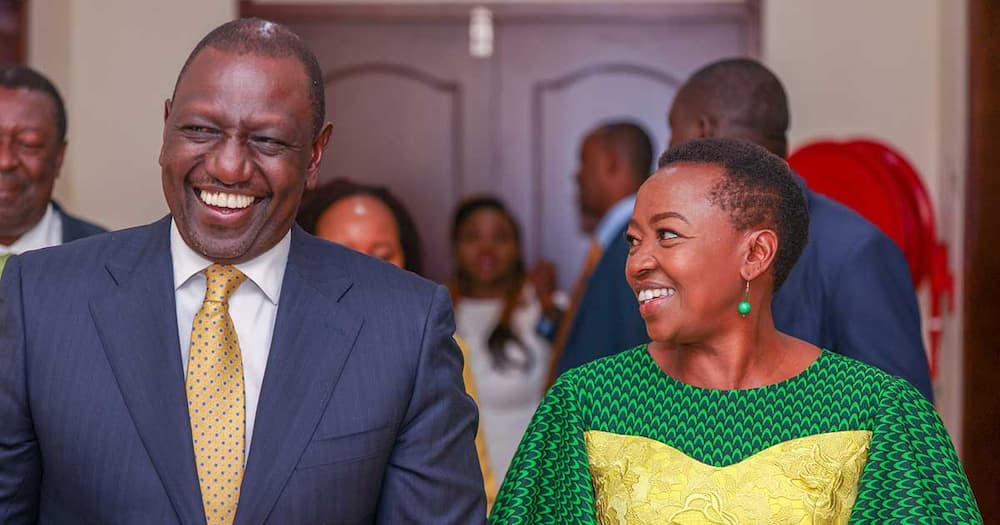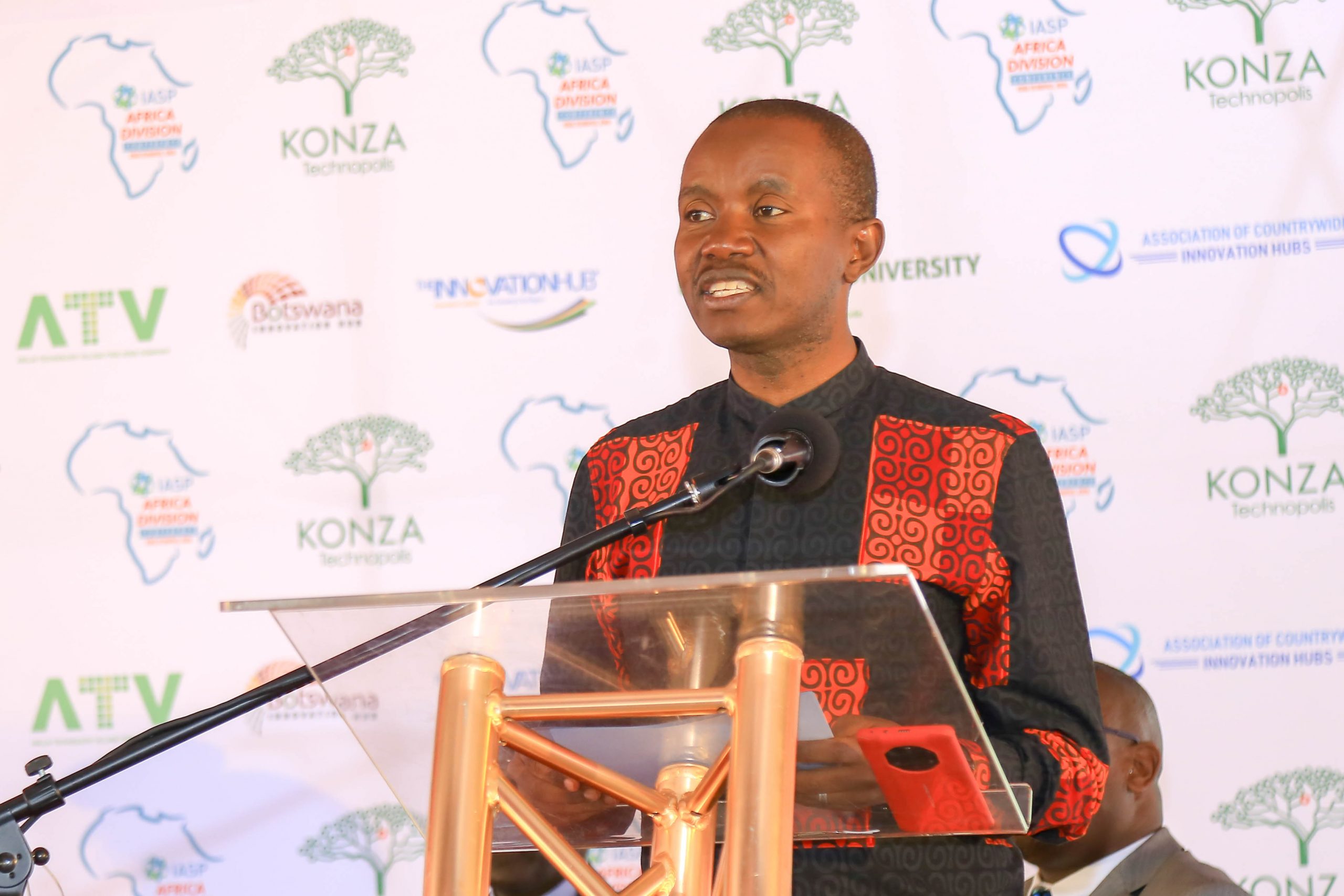Deputy President William Ruto’s latest proposal in his bid to capture the Presidency in the August 2022 General elections is stirring up a storm. Ruto got Kenyans talking this weekend after announcing his plan to increase the number of home owners in the country, with the youth at the centre of the proposal. He stated that if elected President, his administration would engage property developers to offer rent-to-own schemes allowing tenants to become home-owners.
Read >> Nation Media Sabotage On South African Newspaper
According to Ruto, the plan would see tenants paying rents of between Ksh5,000 and Ksh10,000 eventually own the homes. Building on his ‘Bottom Up’ agenda to empower low-income earners and small traders, he believes it will go a long way in making home-ownership more than just a pipe dream for many Kenyans.
Otherwise known as Tenant Purchase Schemes (TPS), rent-to-own arrangements usually see tenants enter contracts that allow them to own the homes they live in after paying rent for a number of years, usually between 10-20 years. Tenants in such schemes typically first pay a downpayment (based on a percentage of the selling price), and the subsequent monthly rent payments go towards clearing the balance.
Examples of Tenant Purchase Schemes in Kenya include the National Housing Corporation (NHC) flats in areas such as Lang’ata, Kibera Highrise and Pumwani. The terms for NHC Kenya houses include a minimum deposit of 10% of the quoted selling price. The balance is to be cleared on tenant purchase terms in the course of an eighteen (18) year period while the revisable annual interest rate is thirteen (13) percent.
“We will partner with home developers so that they construct houses which are cost-friendly for the youth. That way the tenant who pays rent between Ksh5,000 and Ksh10,000, the money will be converted to a mortgage.”
“After about 10 to 15 years, the house will be under your name because we want to have a programme where the youth can own homes across the country,” Ruto told a rally in Uthiru, Kiambu County on June 5.
READ>>Why Nation Pulled Down Its Paywall
The proposal by Ruto elicited sharp opinions, with a section of Kenyans backing it while others vehemently oppose it. Those in support argue that rent-to-own schemes would offer millions of Kenyans a pathway to own homes.
They further argue that it would help plug the massive housing deficit in the country. According to the World Bank, Kenya has an annual housing demand of 250,000 units against an estimated supply of 50,000 units, culminating in a housing deficit of 2 million units, or 80% deficit.
The affordable housing plan formed a key part of President Uhuru Kenyatta and DP Ruto’s re-election campaign platform in 2017. It was also intended to cut the housing deficit.
But despite promising 500,000 units by 2022, progress has been slow. Construction of 25,026 units is currently ongoing in various estates in Nairobi.
Critics of Ruto’s plan question its viability, and fear that property owners and developers could be forced to facilitate the schemes at unfavourable rates. His rivals in the Raila Odinga-led Azimio coalition have also repeatedly accused the Ruto team of being driven by selfish interests – arguing that whatever plans they initiate would fail as money from public coffers intended for the projects would be looted.
READ>>Safaricom’s New M-Pesa Visa Card: Everything You Should Know

![Apartments in Nyayo Highrise Estate, Nairobi. It is an example of a Tenant Purchase Scheme ran by the National Housing Corporation (NHC), a parastatal. [Photo/ Jacob Muriungi]](https://businesstoday.co.ke/wp-content/uploads/2022/06/31513198_MTIwMC0xNjAwLTA4NmIxYjdlODM.jpg)

![Raila Odinga established EA Spectre in 1971, while he was working at the University of Nairobi's Mechanical Engineering Department. [Photo/ EA Spectre]](https://businesstoday.co.ke/wp-content/uploads/2022/06/images-90-150x150.jpeg)









Very viable idea